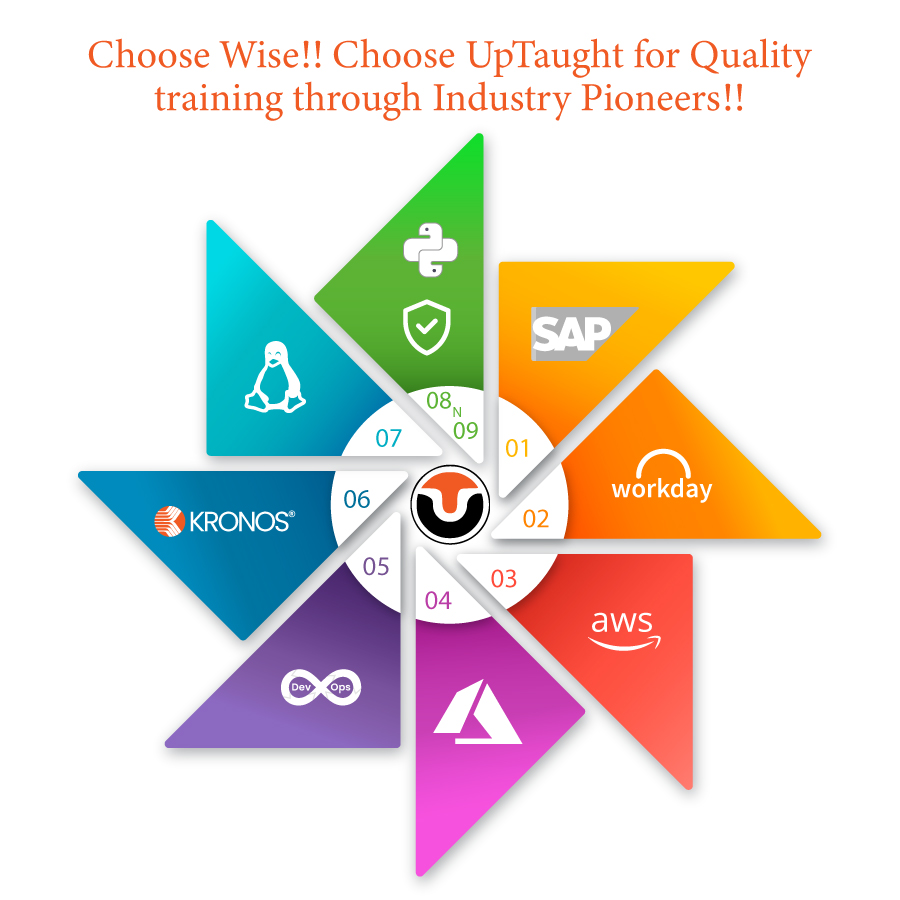Table of Contents
Hidden Costs of Workday Certification: What to Budget For
When considering a career in human capital management, obtaining a Workday certification can be a game changer. However, many prospective candidates often overlook the hidden costs of Workday certification: what to budget for. Understanding these costs is crucial for anyone looking to invest in their professional development. This blog post will explore the various expenses associated with Workday certification, helping you plan your budget effectively and avoid any surprises along the way.
Understanding the Hidden Costs of Workday Certification: What to Budget For
What are the hidden costs of Workday certification: what to budget for? To answer this question, we need to delve into the context of Workday training and certification. Workday is a leading cloud-based software solution that integrates various HR functions, making it essential for HR professionals to be well-trained in its use.
The Importance of Budgeting for Certification Costs
- Comprehensive Training Requirements: Obtaining a Workday certification typically requires completing specific training courses. These courses can vary in price depending on the provider and depth of content.
- Time Investment: Beyond financial costs, consider the time you will need to dedicate to training and studying. Balancing work and study can impact your income during this period.
- Exam Fees: Certification exams often come with fees that can add up, especially if you need to retake them.
- Study Materials: Depending on your learning style, you may want to invest in additional study materials or resources that can enhance your understanding of the platform.
- Travel Expenses: If you choose instructor-led training sessions that require travel, factor in transportation and accommodation costs.
According to a survey conducted by the HR Certification Institute, 60% of professionals reported unexpected costs associated with their certification journey, highlighting the importance of thorough budgeting.
Key Expenses to Consider When Budgeting for Workday Certification
Understanding the hidden costs of Workday certification: what to budget for involves identifying specific expenses you may encounter:
Breakdown of Potential Costs
- Training Course Fees:
- Self-Paced Courses: Typically range from $500 to $2,000, depending on the content and provider.
- Instructor-Led Courses: Can cost between $2,000 and $5,000 or more, especially for intensive workshops.
- Certification Exam Fees:
- Exam registration fees usually range from $300 to $600 per attempt.
- Retake fees may apply if you do not pass on your first attempt.
- Study Materials:
- Books and online resources can cost anywhere from $50 to $300.
- Practice exams or simulation tools may add another $100 to $500.
- Travel Expenses (if applicable):
- Transportation costs can vary widely based on distance and mode of travel.
- Accommodation may be necessary if training is held far from home, adding another $100–$300 per night.
- Time Off Work:
- Consider the potential loss of income if you need to take time off work for training or exam preparation.
Unique Value Proposition of Understanding Costs
By budgeting for these hidden costs, you can make informed decisions about your investment in Workday certification. This proactive approach helps ensure that you are fully prepared both financially and mentally for your certification journey.
Real-World Examples of Budgeting Success
Individuals who have effectively budgeted for their Workday certification have reported significant benefits:
- Example A: An HR professional who budgeted $3,000 for their certification journey was able to complete all necessary training and pass the exam on their first try without financial strain.
- Example B: A recent graduate who planned ahead and allocated funds for study materials was able to secure a job shortly after certification due to their preparedness.
- Example C: A consultant who included travel expenses in their budget successfully completed an instructor-led course and increased their client base by 20% shortly after becoming certified.
These success stories illustrate how careful budgeting can lead to tangible career advancements without financial distress.
Who Will Benefit from Understanding Hidden Costs?
Understanding the hidden costs of Workday certification: what to budget for is beneficial for various stakeholders:
- HR Professionals: Those looking to enhance their skills will find this information invaluable as they navigate their career paths.
- Recent Graduates: Individuals entering the workforce can gain a competitive edge by budgeting wisely for their certifications early in their careers.
- Career Changers: Professionals transitioning into HR from other fields can leverage this information as they seek new opportunities in human capital management.
Industries such as healthcare, finance, technology, and retail stand to gain significantly from employing certified professionals in their HR departments. By investing time in understanding this certification process and its associated costs, organizations can expect improved operational efficiency and enhanced strategic planning capabilities.
Take Action Today!
Are you ready to invest in your future with Workday certification? Understanding the hidden costs of Workday certification: what to budget for is just the first step. Sign up for our comprehensive training course on Workday today! For a limited time only, enjoy up to a 20% discount on your first enrollment! Equip yourself with the tools you need to thrive in today’s competitive landscape—take advantage of this exclusive offer while it lasts!Investing in your education not only enhances your skill set but also empowers you to achieve greater efficiency and effectiveness within your organization. Transform your career today!





